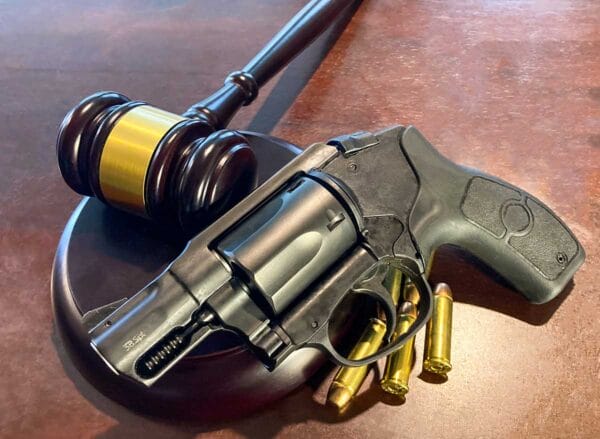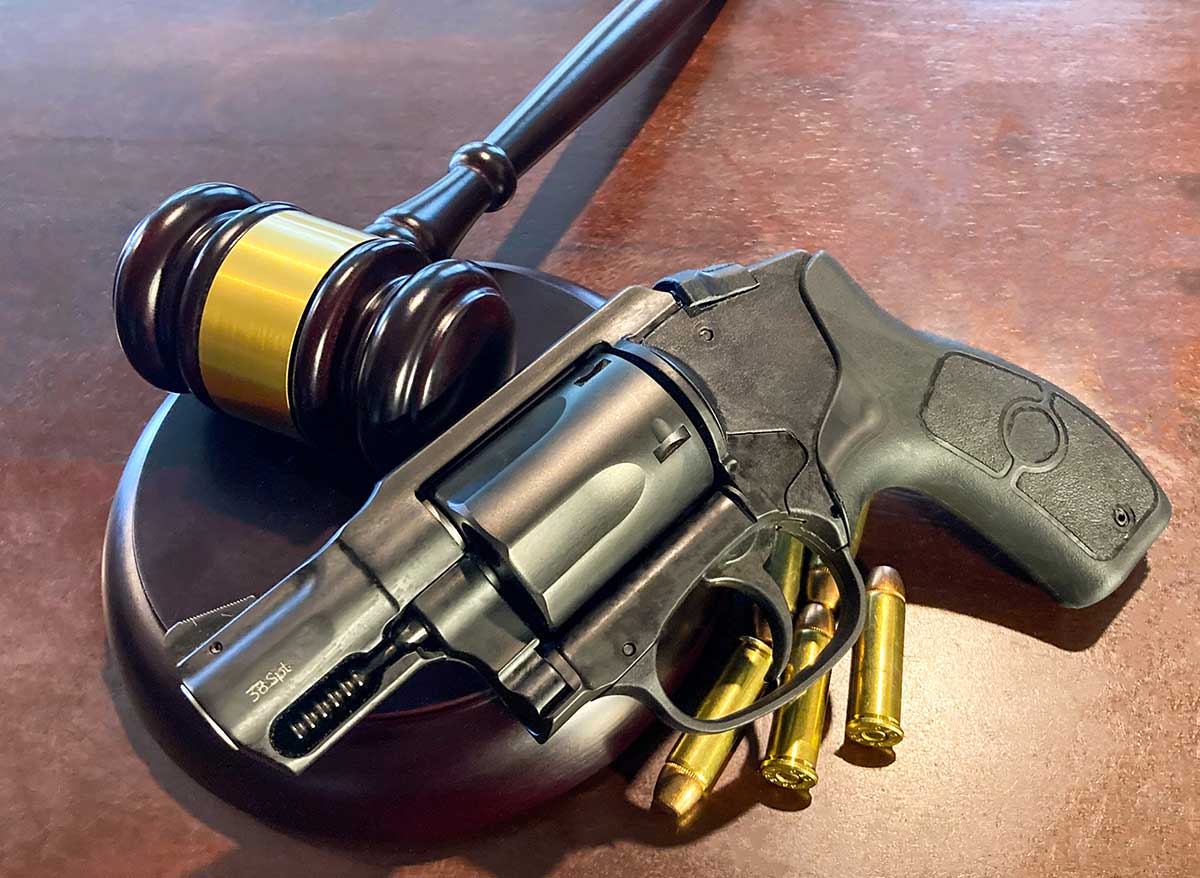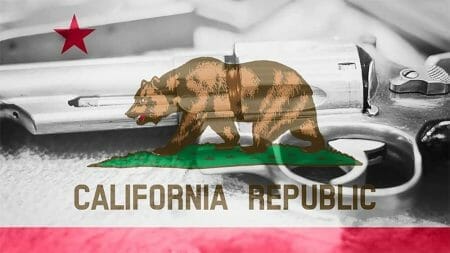
An Alaskan jury acquitted a man accused by the Bureau of Alcohol, Tobacco, Firearms and Explosives (ATF) of running a gun store without a federal firearms license (FFL).
Aaron Horwat owned Gator Guns Inc. in Kenai, Alaska, since 1982. During a routine ATF compliance inspection by an industry operations inspector (IOI) of the store, a government employee uncovered 321 missing firearms. Mr. Horwat claimed that the guns were not missing. He chalked it up to multiple clerical paperwork errors. The ATF didn’t buy the man’s excuse. They took further action and revoked the Alaskan man’s FFL in 2019, shutting down the store after almost 40 years in business.
All remaining firearms from the store were transferred to Mr. Horwat’s personal gun collection. The man would then start to sell off the guns through private sales. A concerned citizen would contact the ATF and tell them that the gun store was still open and selling firearms to the general public without running background checks. Under Alaskan law, private firearm sales do not require the seller to run a background check on the buyer. Starting in December of 2022, the ATF would send in undercover agents to purchase firearms from Horwat. The Bureau would make three control buys. In the summer of 2023, the ATF would arrest the Kenai man and charge him with dealing firearms without a license. The ATF claimed that he sold hundreds of guns illegally.
Instead of taking a plea deal, Horwat decided to fight the case. His lawyer, Steve Wells, claimed that these guns were now in Horwat’s private collection, and he had every right to sell off the guns. The ATF claimed that he was still in the business of selling guns. Mr. Wells pointed out that the government couldn’t prove that Horwat was buying guns to resell. He was just selling his privately owned firearms. The ATF recommends that gun stores that shut down sell off their inventory to another FFL or co-sign them with another gun store. Although these are the Bureau’s suggestions for an inventory of a closed gun store, it is not law.
“I think a number of the jurors just looked at this and said, ‘You know, it looks to be his inventory,’” Wells said. “As a private citizen, you can sell. And there’s no indication that he was buying and then turning around and selling after he lost his license.”
After a one-day trial, the jury sided with the defense and ruled that the prosecution didn’t prove beyond a reasonable doubt that Horwat was dealing firearms without a license. The fact that Horwat once possessed an FFL did not convince the jury that he was still in the business of selling guns. The jury believed Horwat was a private citizen selling his firearms collection.
The ATF seized 189 guns when they raided Horwat’s former business. Now, the ATF is required to return those firearms to the now-freed man. However, the guns purchased through the undercover operations do not have to be returned to the man.
About John Crump
Mr. Crump is an NRA instructor and a constitutional activist. John has written about firearms, interviewed people from all walks of life, and on the Constitution. John lives in Northern Virginia with his wife and sons, follow him on X at @crumpyss, or at www.crumpy.com.







So if there is no “National Registry,” how did they ferret out 321 missing guns? Give that some thought…
“Instead of taking a plea deal, Horwat decided to fight the case.“
This one sentence sums up how the federal alphabet agencies operate.
They (1) trump-up the charges, (2) make the arrest (usually with as much force as they can put together at the time), (3) threaten the accused with maximum sentences and fines, then (4) offer a plea deal to reduce the sentences and fines so they can (5) close the case with a guilty plea.
Even if the charges are totally bogus, they don’t sweat a court case if the plea deal is refused; it’s not their money.
Wow! Sounds a lot like the same scam that the ATF used to close down Kesselring’s in WA state a few years back.
Inspect the store and tell them there is a bunch of guns missing. Close them down and then sell off all the inventory, then find the “missing” guns in the inventory stock at the sale.
somehow, I don’t think we’ve heard the last of this. How did we get here…. ?
Would anyone like to make a gentleman’s wager with me on the odds that the ATF actually returns ALL the guns? (don’t do it, you’ll lose)
their very existence is anti-thetical to the Constitution and the America way of life.
F the ATF. They are infringing anti-Constitutional, therefore antiAmerican, therefore treasonous enemy combatants.